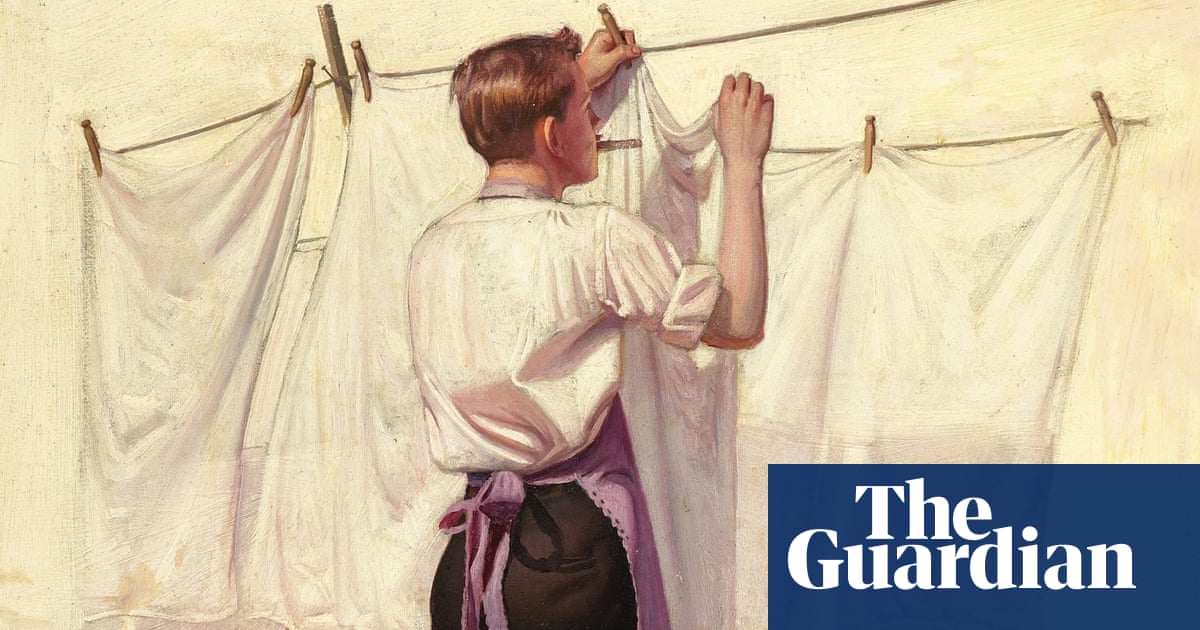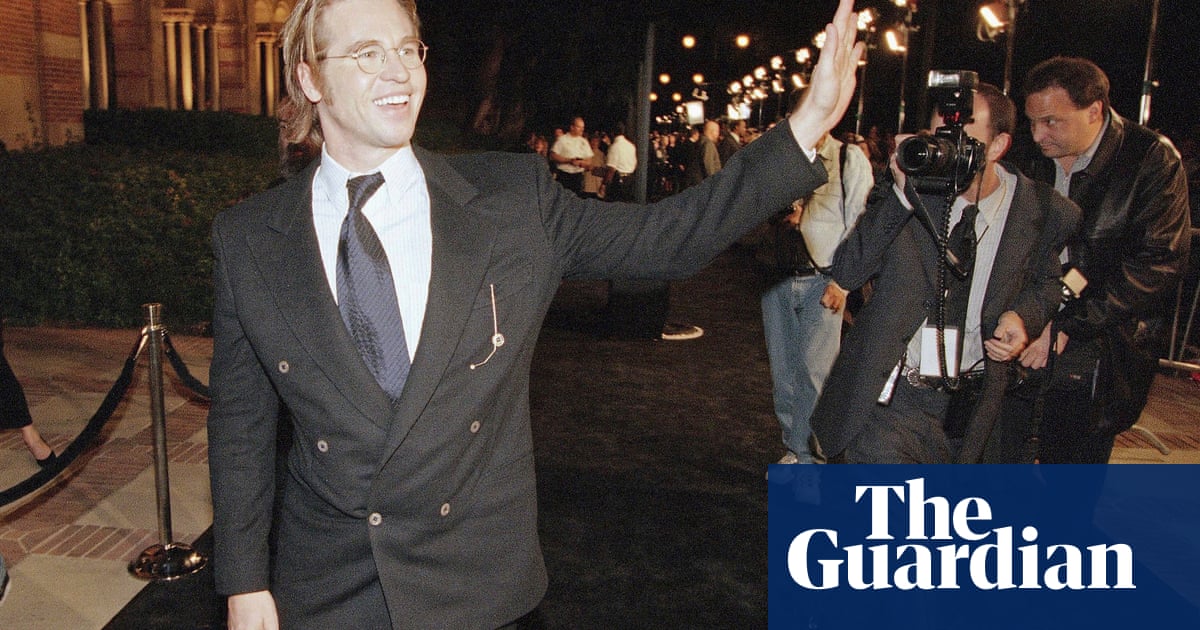This tale about a town whose grownups mysteriously disappear plays on the concept of children “Home Alone” but with added scares and a climate message. All the elements of an appealing children’s show are in this adaptation of Tom Fletcher’s book, from puppetry to song and dance, yet it fails to create magic.
Under Tom Jackson Greaves’s direction, the story is too slow to set off, with the Creakers – rubbish-loving monsters, of sorts – not emerging in fullness until the end of the first act. When they do reveal themselves they are an interesting mix of the cuddly and grotesque, but not characterful enough.
Andrew Exeter’s set design is filled with random elements of a street, with houses, traffic lights, bins, a dangling hotch-potch of crescents and clouds. It does not come together and is too bitty in its gestures towards run-of-the-mill suburbia and extraterrestrial life with luminous green lighting.
Characters living at Clutter Avenue seem like a hotch-potch, too. There is Lucy (Eloise Davies), a girl who flat-footedly tells us she does not fit in, in her first song, Lucy’s Lullaby. She is too generic, along with her bland rubbish-collector father, Larry (Rakesh Boury).

Others character are similarly not given the space to establish themselves and are boringly broad, from a news reporter who wears a jacket and tie but no trousers to a mayor in a bright pink suit, his spoilt daughter in a froufrou dress, and Norman, another friendless outsider who collects Scouts badges (which does, at least, spawn a nice song in Badges). There is a lot of over-acting that jars as adult actors play children.
Ryan Dawson Laight’s costume design and the colour scheme as a whole (bright pinks, oranges, blue and white stripes) seeks to appeal to preteen audiences but is visually garish.
The Creakers is a children’s story with a very grownup message (“adults waste waste”, we are told). The creatures who creep out from under the beds of children at night are there to collect the rubbish that is otherwise dumped at sea and destroys the environment. But we do not really feel the force of this message, nor the emotional impact of the story itself in Miranda Larson’s flat book.
The father-daughter relationship is not built up enough to have emotional mileage as Lucy goes looking for her missing dad. His return back to Clutter Avenue is under dramatised, too.
Fletcher’s songs, at their best, are loud and lively but cannot make up for the show’s failings. It really does creak.

.png) 3 months ago
26
3 months ago
26













































